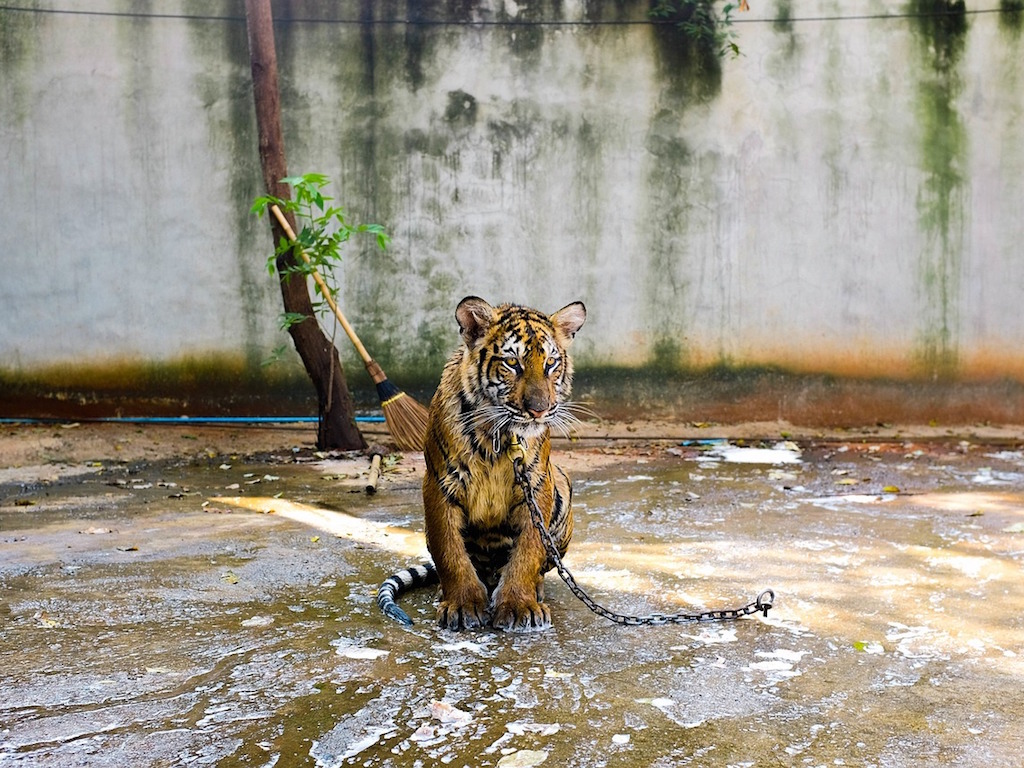3 Mins Read
Travel booking platform Airbnb has just launched a new category of Animal Experiences, which will be guided by strict animal welfare policies created by global charity World Animal Protection (WAP). This will make ethical and responsible animal-focused excursions easier to find for travellers who are often swamped with confusing choices when choosing activities. This is reflective of recent consumer trends whereby individuals are increasingly attuned to the impact of tourism, which is pushing businesses to provide more eco-conscious and animal-friendly to cater to the market.
The online marketplace Animal Experiences under travel booking platform Airbnb will offer travellers 1,000 animal-friendly excursions, tours and activities across 58 countries – all of which pass the ethical regulations outlined by the WAP. Under these guidelines, direct contact experiences with wild animals will be prohibited, including petting, feeding or riding. There will be strict rules relating to working animals and no activities related to marine animals held in captivity. All businesses running tours or activities that have ties to illegal wildlife trade or animal sporting, entertainment or performance events will also be excluded. Once an experience meets these policies, it can display a WAP badge to reassure visitors that it meets animal welfare standards.
For many, this simplifies the process when it comes to responsible ways to learn and interact with animals during their travel excursions. It can often be a time consuming process for travellers to find certified tours and experiences that meet ethical codes and animal welfare guidelines. There have also been cases where businesses have falsely claimed certifications, making it difficult for travellers to truly ensure that they are participating in exploration activities responsibly.
It can also help educate consumers about how their important their decisions are, especially when it comes to animal welfare concerns. According to research from the University of Surrey, over 550,000 wild animals suffer to entertain tourists, with many of these activities operating in popular Asian destinations.
Currently, there is a limited variety of animal experiences located in Asia that have been approved on the list, with many of the typical and most lucrative and harmful tourist activities, such as tiger petting or elephant riding, rightfully excluded. Some of the approved activities include bird watching in Mirik, India, walking alongside elephants in Chiang Mai, Thailand and learning about water buffaloes in Hong Kong.
Commenting on Airbnb’s adoption of animal protection policies, executive director of WAP United States Alesia Soltanpanah said that it will “ensure that adventurers have many options to experience the beauty of animals in a way that considers their welfare first.”
Not only will all the activities be checked for welfare concerns, they will also benefit local communities – something that tourism, in some cases, damages. The featured activities will be organised and led by local hosts, small farmers, regional NGOs, rescue centres, vets and wildlife photographers.
With over 6 million listings in 191 countries, the adoption of these guidelines by the tourism giant is indicative of a broader shift in the consumer market. As more travellers become aware about the potential harm of their spending decisions – from destroying natural habitats and ecosystems to harming animals – they are looking to more purpose-driven businesses. Younger generations, in particular, are especially conscious of social and environmental issues, and are attracted to value-led companies whose principles align with their own. Businesses are therefore catering to this market with more ethical and sustainable offerings.
The overall goal of the new animal welfare guidelines is to protect animals from demeaning activities and promote more eco-friendly conservation efforts. Importantly, it will also work to raise awareness and educate consumers about the issue and influence more positive tourist decisions.
Lead image courtesy of Pixabay.




